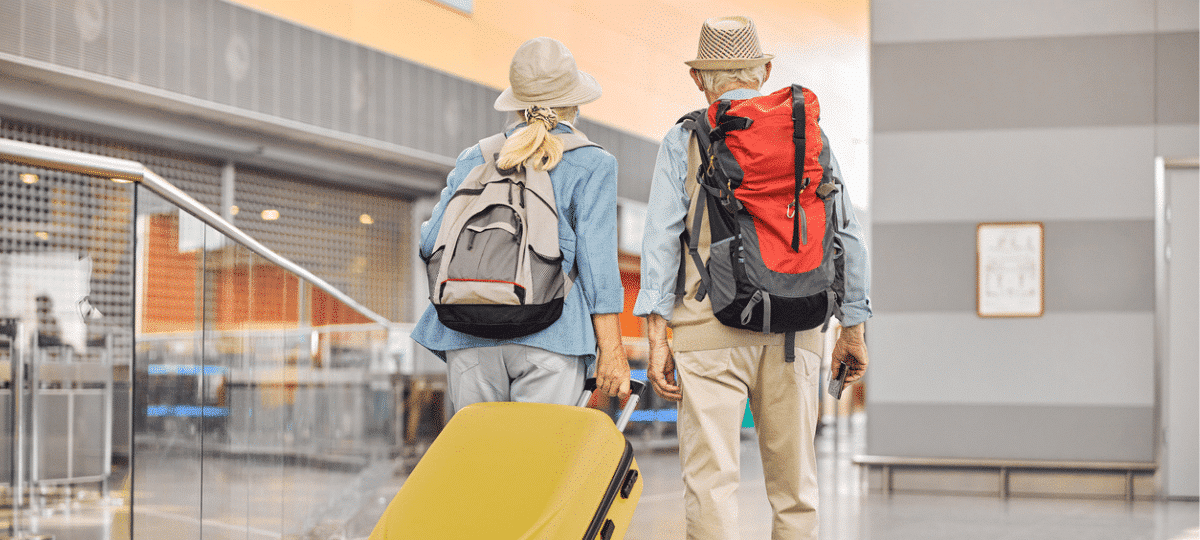The longevity of American adults has been steadily increasing, with the CDC reporting an average life expectancy of 78.7 years for all races and genders, and 81 years for U.S. women. This extended lifespan provides ample opportunities for leisure activities such as travel. However, just like any significant endeavor, seniors should take certain precautions and considerations into account before embarking on their journeys. Here are eight travel tips tailored to empower seniors to embark on safe and enjoyable adventures away from home:
Tailor Plans to Your Abilities and Mobility
A successful trip hinges on your ability to fully engage and enjoy the experience. It’s essential to plan accommodations and activities that align with your health and activity levels. By factoring in your mobility and capabilities, you ensure that you and your fellow travelers have a memorable and worry-free time.
Communicate Your Needs in Advance
Travel providers prioritize your safety and comfort. If you require accommodations like portable oxygen or a scooter, many carriers can make arrangements with a minimum of 48 hours notice. Don’t hesitate to express your mobility concerns. Additionally, inform gate agents or station managers if you require extra time or assistance. When booking, make specific requests such as accessible bathrooms or ground-floor rooms, and remember to confirm them a few days before your arrival.
Research Vaccination Requirements Early
Different destinations may necessitate specific vaccinations. Reach out to your primary care provider well in advance to determine the recommended pre-travel vaccinations based on your health history. Some vaccinations require several months to take effect, depending on your travel location. By proactively addressing vaccination needs, you safeguard your health during the journey.
Prioritize Safety While Traveling
Avoid straining yourself during the trip. While many travelers worry about lost luggage and prefer carrying their bags on, statistics from the U.S. Department of Transportation’s Air Travel Consumer Report show that mishandled or lost luggage is relatively rare. Check your bags to prevent the strain of lifting them into overhead compartments. This advice applies to train travel as well.
Organize Medications Effectively
Certain medications might require special documentation during travel. Consult your pharmacist for a comprehensive list of your prescribed medications, including any over-the-counter drugs you take. Carry these medications in your carry-on bag to prevent mishaps with checked luggage. Store prescription copies separately to facilitate refills if necessary, and try to retain the original packaging.
Maintain Easily Accessible Contact Information
Modern reliance on mobile phones might make it challenging to remember phone numbers by heart. To ensure preparedness, include your cell phone number and emergency contacts in your reservation details. Additionally, keep a written record of these numbers in case of unforeseen circumstances.
Prioritize Your Well-being
A fulfilling trip starts with your well-being. Make wise dietary choices, stay hydrated, get adequate rest, and engage in light exercise to ensure you’re in prime condition for your adventure. Approach your journey with mindfulness, patience, and gratitude for the opportunity to travel, savoring every moment.
By adhering to these senior-friendly travel tips, you can alleviate pre-trip stress and embark on your journey with increased confidence, knowing you’re well-prepared for an enjoyable and safe experience.




